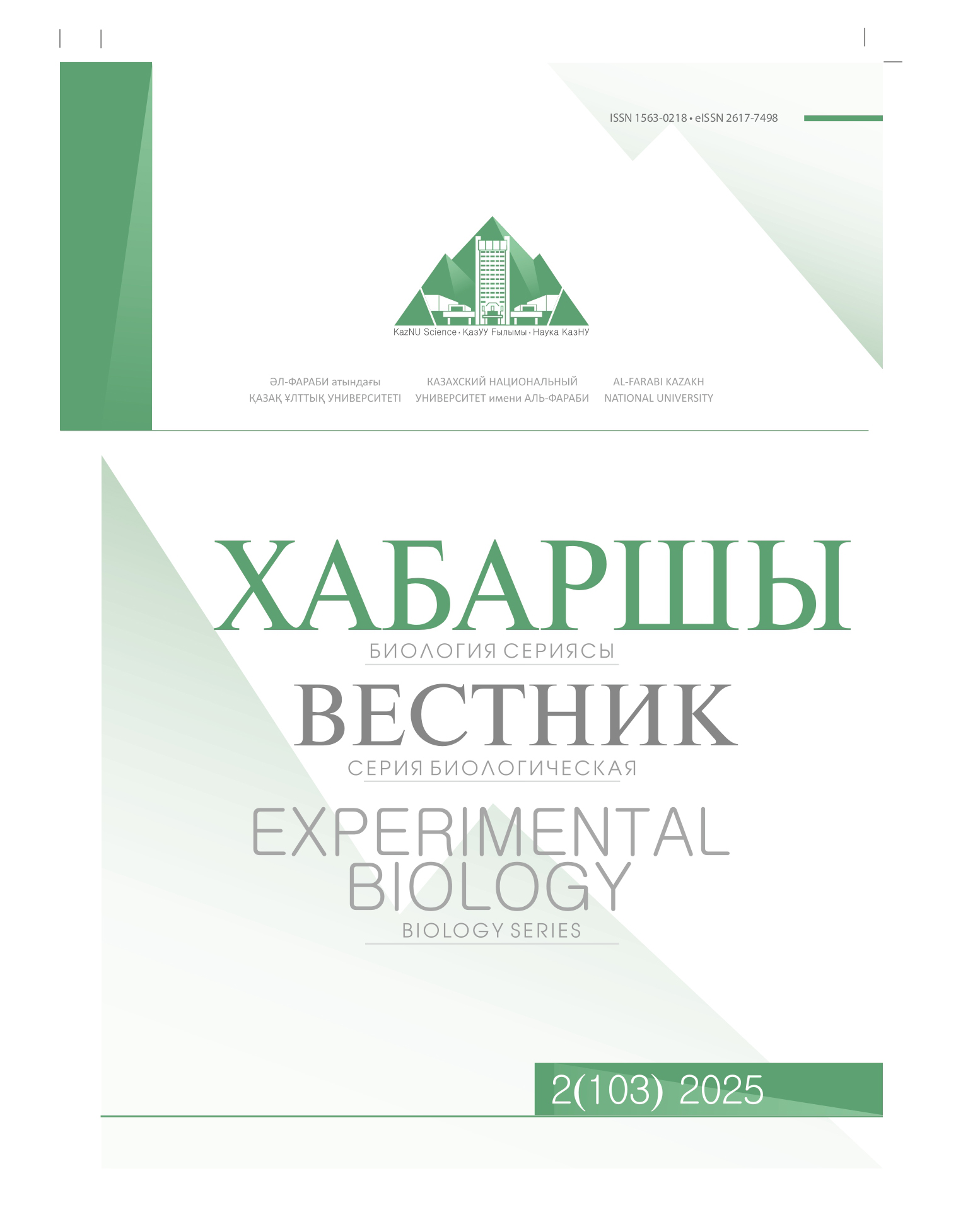ПРОДОЛЬНОЕ ИССЛЕДОВАНИЕ МИКРОБИОМА ОБНАРУЖИВАЕТ РАННЕЕ ПРЕОБЛАДАНИЕ BACTEROIDES В КАЧЕСТВЕ ПОТЕНЦИАЛЬНОГО БИОМАРКЕРА АУТИЗМА: КЛИНИЧЕСКИЙ СЛУЧАЙ У РЕБЕНКА С ПОСЛЕДСТВИЯМИ ДЛЯ МЕТАБОЛИЗМА ВИТАМИНА B12
DOI:
https://doi.org/10.26577/bb202510324Ключевые слова:
Расстройство аутистического спектра, Bacteroides fragilis, кобаламин, метагеном кишечникаАннотация
Сложная связь между микробиотой кишечника и нарушениями нейроразвития стала важнейшей областью исследований, особенно при расстройствах аутистического спектра (РАС). В этом исследовании представлены новаторские продольные доказательства изменений микробиоты кишечника, предшествующих диагностике РАС у двухлетней девочки. Целью исследования было охарактеризовать динамику микробиома в раннем возрасте и ее потенциальную связь с последующим развитием РАС, что способствовало нашему пониманию оси кишечник-мозг при нарушениях нейроразвития. Используя дробное метагеномное секвенирование, мы отслеживали состав микробиома младенца с рождения до 18 месяцев жизни, сравнивая его с 215 контрольными образцами. Наша методология включала комплексный биоинформационный анализ с использованием пакета bioBakery, включая MetaPhlAn 4 для таксономического профилирования и HUMAnN 3 для функционального профилирования. Исследование выявило постоянное и значительное повышение численности Bacteroides, в частности B. fragilis, с первого месяца жизни, предшествующего клиническому проявлению РАС. В частности, функциональный анализ продемонстрировал повышенное присутствие генов биосинтеза кобаламина, связанных в первую очередь с Bacteroides, что указывает на потенциальное вмешательство в метаболизм витамина B12.












